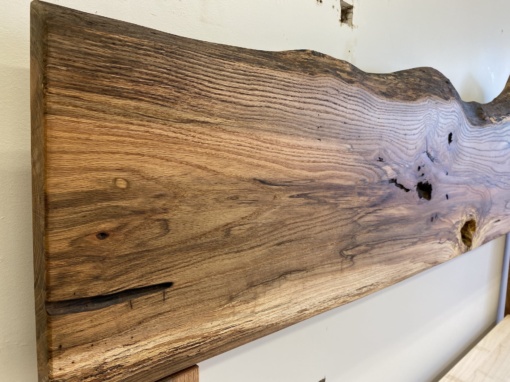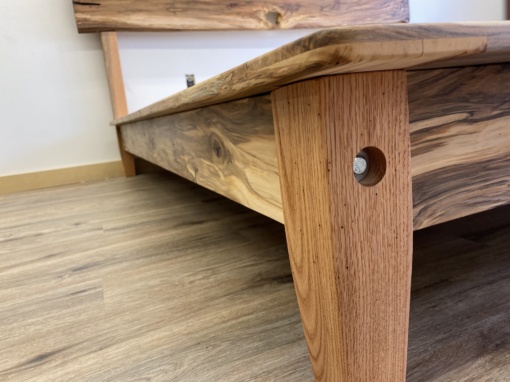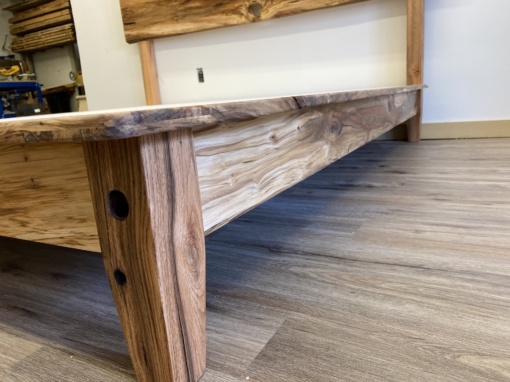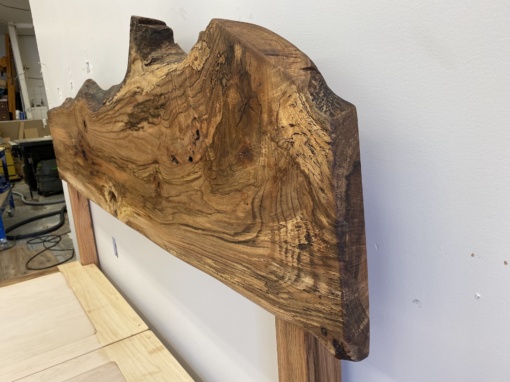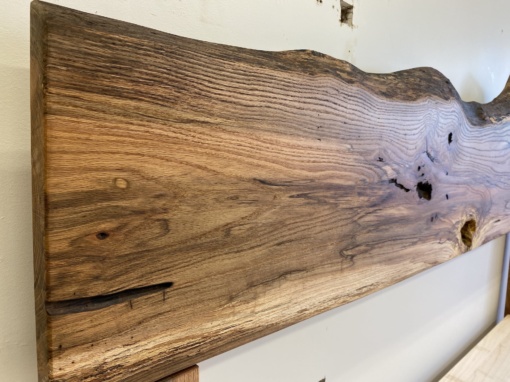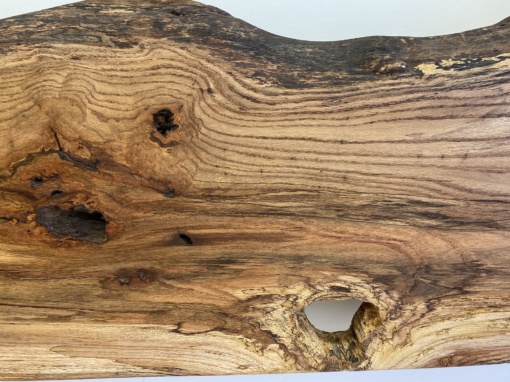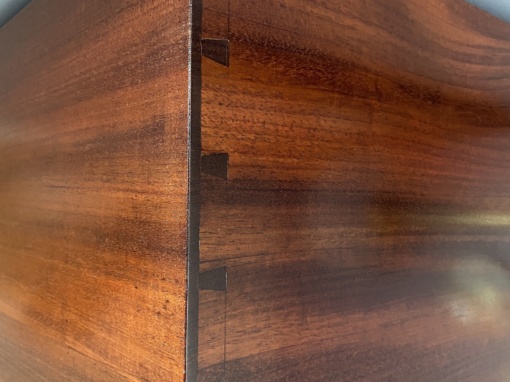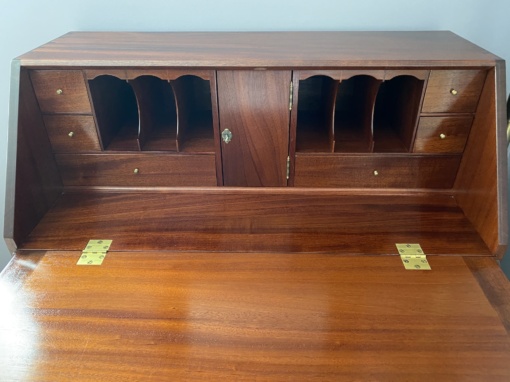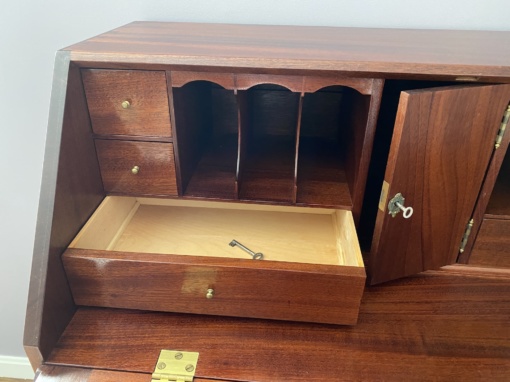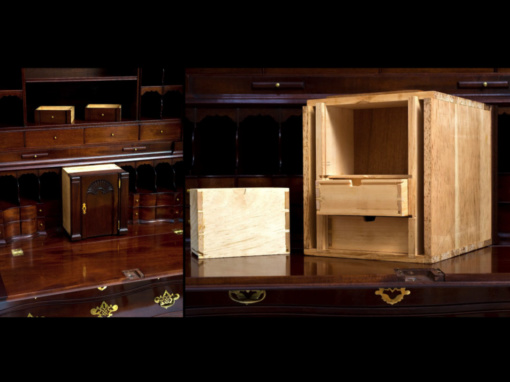Real estate agents in several resort areas suggest that the time is right to purchase a vacation home because of a larger inventory and favorable prices. A survey shows second-home buyers agree.
The National Association of Realtors’ (NAR) annual Investment and Vacation
 Real estate agents in several resort areas suggest that the time is right to purchase a vacation home. |
Home Buyers Survey, conducted in March 2008, found that eight in 10 second-home buyers consider it a good time to invest in real estate, compared with 59 percent of primary-residence buyers. Forty-four percent of vacation home buyers said they were likely to purchase another property within two years.
Pent-up demand that drove vacation home sales to a new record in 2006 did decline with the overall 2007 housing market. NAR chief economist Lawrence Yun says part of the reason is that investment considerations are secondary for vacation home buyers, so there is some dormant underlying demand. A peak of population is moving through the prime years for buying recreational property.
“Certainly, second homes are discretionary purchases and there is a natural tendency to pull back from big-ticket items in periods of uncertainty,” says Yun. The other factor is the disruption in the mortgage market, with a significant tightening of credit during the second half of 2007.
Upsides of the Market
If considering a vacation home purchase, investigate each area’s unique sales-purchases profile.
Nancy Gale of Town & Country Associates in Barre, Vt., says there has been a modest lessening of prices there but nothing dramatic. “People that come here are cash buyers and a purchase may be one of several vacation homes,” Gales says. She says many vacation homes in her area are sold to out-of-state buyers who buy and raze older residences, called camps, and build new or buy existing homes, typically lakefront properties.
In Virginia Beach, Va., Dorcas T. Helfant-Browning of Coldwell Banker Professional says it’s a good time to buy in this long-time resort area, which she says is in a little better position than much of the country. “The fundamentals are good,” Helfant-Browning says. “Interest rates are wonderful. Our area continues to grow.”
Someone seeking a vacation home there will find that the price increases have slowed since the mad rush from 2005 to about a three percent growth rate. There is also a decent inventory of vacation homes which, in that area, are lifestyle choices. They are not necessarily the detached single-family homes but, for example, condos on the water. The market has an international feel and Canadians, for one, like the area, appreciating the proximity of a southern getaway that is a day and a half shorter drive than Florida.
In other areas, such as Arizona, Florida, Nevada and California, mortgage delinquencies have dropped prices and may offer different opportunities. In a press release, the Greater Las Vegas Association of Realtors® noted that the February price decrease for single-family homes there came because 41.5 percent were bank-owned houses being sold at reduced prices. While buyers cannot expect similar prices for all homes, GLVAR President Patty Kelley says some homes were selling for less than what it would cost to build them today.
On the Gulf Coast of Florida, Baby Boomers and foreign buyers are taking advantage of the price drop to purchase vacation homes, says Pam Civitillo, real estate agent with Joshua C. Johnson Real Estate in Englewood, Fla. “Prices
are about as flat as they are going to get,” she says, and people who have been waiting for the drop are coming in with cash offers and closing in two weeks. “The median price of homes has gone from $259,000 last year to $176,000 now. Last year at this time there was nothing under $200,000.”
Typical Vacation Home
 Vacation home prices have slowed since 2005. |
A snapshot of typical vacation homes from the NAR survey may help in your decision making. In 2007, the median price of a vacation home was $195,000, down 2.5 percent from $200,000 in 2006.
In 2007, fewer detached single-family homes and more condos were purchased as vacation homes. Fifty-nine percent of vacation home sales were single-family homes compared to 67 percent in 2006. Condos were 29 percent of the vacation home sales compared to 21 percent in 2006. Townhouses or rowhouses (7 percent) and other (5 percent) types of real estate accounted for the remaining sales.
Twenty-eight percent of vacation home buyers paid cash for their property. Sixty-five percent of vacation home buyers purchased existing homes while the remainder purchased new homes.
The South was preferred with 41 percent of vacation home purchases there. The West saw 24 percent, the Northeast saw 19 percent and the Midwest, 16 percent.
Thirty percent of vacation homes were purchased in rural areas, 20 percent in resorts, 20 percent in a suburb and 14 percent in an urban area or central city.
Avoid the Downsides
While it has become a buyers’ market, obtaining a mortgage has become more difficult. Underwriting has tightened. Credit rating and income ratio to existing debts are important considerations, says John Mechem, spokesman for the Mortgage Bankers Association in Washington, D.C. Those factors will help determine if a person can even get a mortgage and, if he or she can, then what interest rate will be charged.
Mortgages for vacation homes typically are higher than for primary residences. Mechem says that’s because if people get into financial trouble, they’re more willing to let their vacation home go before their primary residence.
“A lot of people in recent years have financed homes with very high loan-to-value ratios, meaning they were not putting much money down,” says Mechem. There’s a greater chance of getting a vacation home mortgage if a person is willing to put more money down, to have their own “skin in the game,” he says. That way, the lender is assured that the homeowner also has something to lose if he or she defaults.
If a vacation home is in your plans, research is vital, says Christine Karpinski, the director of Owner Community for HomeAway, Inc., a vacation rental Internet business and author of two books about buying and managing vacation properties, suggests considering supplementing mortgage payments through renting.
Whether you plan to rent or not, research the area to make sure your investment will hold its value. Karpinski says purchasing in an area that’s well developed may bring you less worry about getting your money back down the road. “The supply is still low in these areas so historically they hold their value," she says, noting that emerging markets require that a buyer exercise caution to be sure there are not too many new developments than exceed demand.
Investigate ownership costs such as heating/cooling from the present owner’s billing history and get insurance estimates before buying. A home across the street from the beach as opposed to right on the beach could have a significantly lower insurance premium.
Karpinski says to be aware of and check into any potential location problems. Those could include bans against short-term rentals, beach restoration issues, proximity to a fire station or pumpable lake for insurance, and past insurance claims such as hurricanes that could make a property uninsurable.
Virginia Beach Realtor Helfant-Browning suggests “test driving” the lifestyle of the area you are considering. “The softening of the market provides many opportunities,” she says. “Some people find that their vacation home turns out to be the place they want to be when they retire.”
Credit: Renovate Your World


